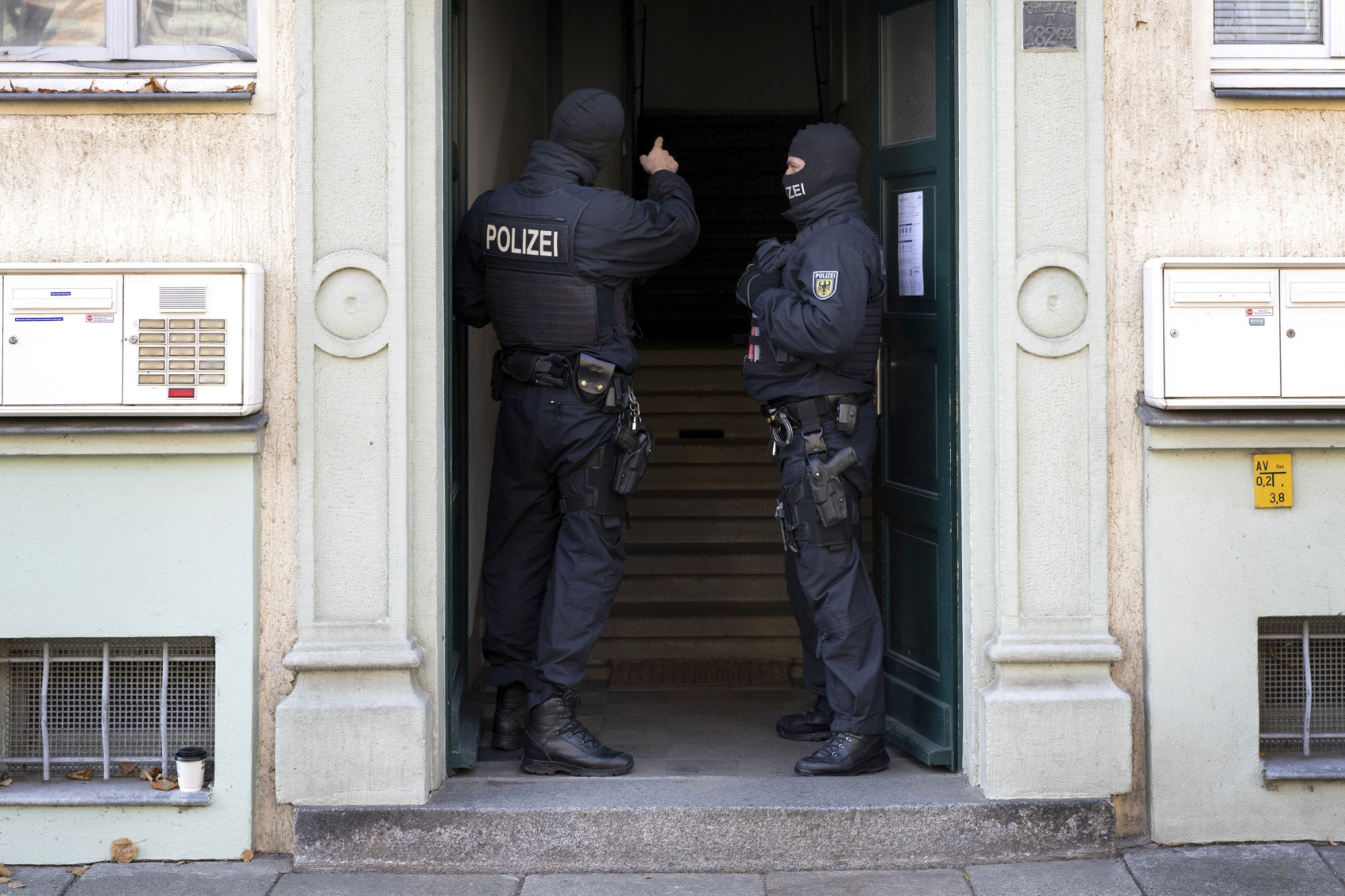Political Strife in Israel: Defense Minister Ousted
Explore the intricate dynamics following Netanyahu's controversial decision to remove Yoav Gallant as Israel's Defense Minister amid ongoing regional conflicts.
Published November 06, 2024 - 00:11am

Image recovered from redstate.com
The political landscape of Israel has once again found itself under intense scrutiny following the dismissal of Defense Minister Yoav Gallant by Prime Minister Benjamin Netanyahu. The removal has stirred a hornet's nest amidst the backdrop of an ongoing and significant regional conflict involving Hamas and, indirectly, Iran.
Netanyahu's decision to relieve Gallant from his duties is primarily attributed to what has been described as fundamental disagreements and a breakdown of trust. The Israeli Prime Minister noted that, ideally, trust is indispensable between him and the Defense Minister, especially during wartime. Unfortunately, this trust has been severely eroded over recent months. Gallant criticized Netanyahu's approach to the conflict, which continues to impact Israel's diplomatic and military strategies in the volatile Middle East region.
This is not the first time that Gallant has found himself at odds with Netanyahu. Earlier in the year, he had been removed from his post due to opposing the Prime Minister on key governmental priorities, notably judicial reforms. This friction seems to be a continuing theme in Israel's government, suggesting deeper rifts within Prime Minister Netanyahu's administration.
As Netanyahu announces this contentious decision on an Election Day, it sends ripples across not only the Israeli political spectrum but also internationally. Observers note that Gallant maintained a strong rapport with key figures in the United States government, seen as a moderating voice amidst hawkish Israeli strategies. His consistent communication with the US Secretary of Defense Lloyd Austin highlighted close US-Israeli military relations and the delicate balance required in the wartime prosecution against Hamas.
Netanyahu has now appointed Israel Katz, the Foreign Minister, to take over the Defense Ministry. The choice of Katz appears to reflect a strategic pivot towards a more aggressive military stance against perceived threats from both Hamas and Hezbollah. Katz is recognized for his prior roles in foreign affairs and finance, which Netanyahu points out underline his capacity to manage the defense portfolio.
However, within Israel, the response has been polarizing. Some have welcomed the decision, suggesting that Gallant's strategy was insufficiently aggressive. Conversely, it has provoked outrage from political opponents and sparked calls for public protests. Yair Lapid, a prominent opposition leader, has described the firing as detrimental at a time when security should be above political calculations.
The families of Israeli hostages have expressed their despair, pointing out that leadership changes amidst ongoing attempts to negotiate with Hamas may delay or disrupt the release of captives. This humanitarian angle adds another complex layer to the already intricate situation on the ground, emphasizing the challenges of leadership during ongoing clashes.
Critics warn that such turbulent political changes could embolden Israel's adversaries by highlighting internal divisions. Moreover, there is apprehension regarding Israel's military plans and tactics, which might affect future regional stability. Previous conflicts have shown that Israel's internal political cohesion is often scrutinized when responding to militant threats.
The dismissal of Yoav Gallant underlines the fragility and dynamism of political alliances in Israel. As regional tensions continue unabated, the country's leadership decisions echo far beyond its borders, influencing the wider geopolitical spectrum and impacting both national and international stakes. In the coming months, the efficacy of this decision by Netanyahu will be critically examined as the new face of the Defense Ministry attempts to navigate complex internal and external challenges.







